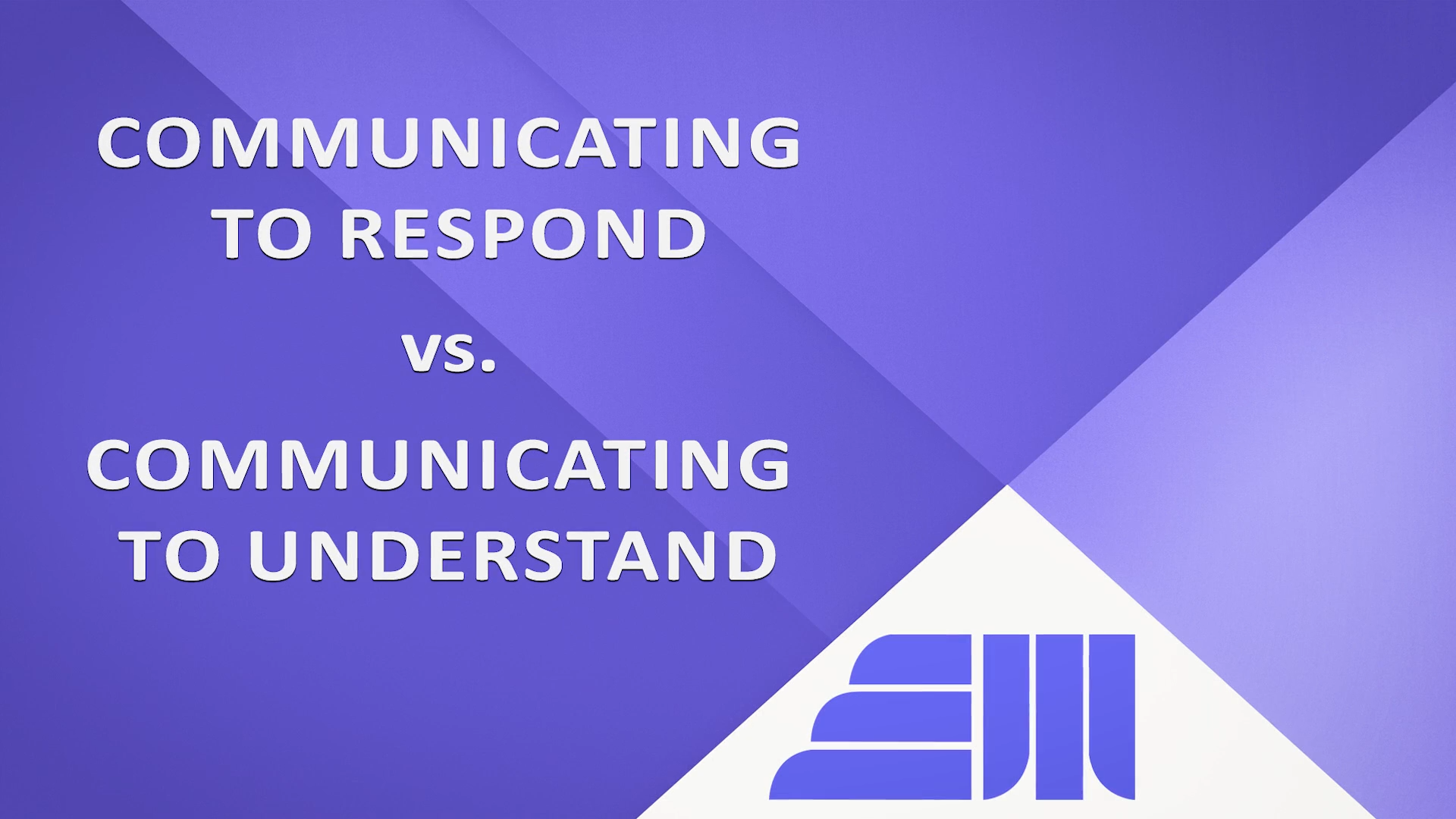
Distinguish Your Leadership with the Combination of Passion and Compassion
Being a passionate leader is no longer enough. Great leaders balance fire with empathy, drive with discernment, and urgency with understanding...

Founder
By Gerald Parsons • Aug 8, 2023
For a short time many years ago, I worked in and around the Miami area. One of the things I noticed that was different from my Louisiana roots was that at every stop light or stop sign, those that were behind you gave nano seconds before you heard a honk to move when the light was green or the cross section was clear. A honk where I came from was because your cousin was in the car behind you and wanted to meet at McDonalds or your neighbor was trying to get your attention to tell you a tail light was out or a tire was low. The culture of impatience has now infiltrated and has severely damaged relationships at every level. Impatience has three red lights that don't need to be run:
Here are three things to check yourself from premature honking:
Impatience is characterized by a heightened sense of emotional restlessness and a strong desire for immediate gratification. It stems from a feeling of discomfort or irritation when things aren't progressing as quickly as desired. Individuals who are impatient often struggle with delaying gratification and find it challenging to tolerate delays or obstacles.
Impatience can negatively impact decision-making processes. When individuals are impatient, they might rush into decisions without fully considering all options or potential consequences. This can lead to suboptimal choices and regrets later on. In situations where careful consideration is necessary, impatience can hinder the ability to make well-informed and thoughtful decisions.
Continual impatience can contribute to elevated stress levels, both physically and mentally. The stress hormone cortisol can be released in response to persistent impatience, leading to potential negative health outcomes such as increased blood pressure, disrupted sleep patterns, and compromised immune function. Chronic impatience can also strain relationships, as the impatience of one person may be perceived as inconsiderate or dismissive by others.

Being a passionate leader is no longer enough. Great leaders balance fire with empathy, drive with discernment, and urgency with understanding...

Founder

When communication breaks down, so does trust. And when trust disappears, so does engagement, performance, and retention...

Founder

In todays rapidly evolving business landscape, organizations are increasingly recognizing that their most valuable asset isn't their technology, infrastructure, or even their intellectual property—it's their human capital.

Founder